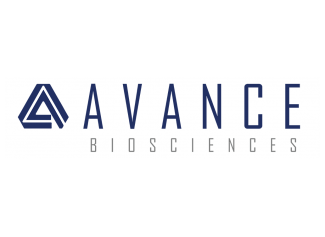
Karen Owen
Head of HR

Stephanie Wright
Head of Marketing
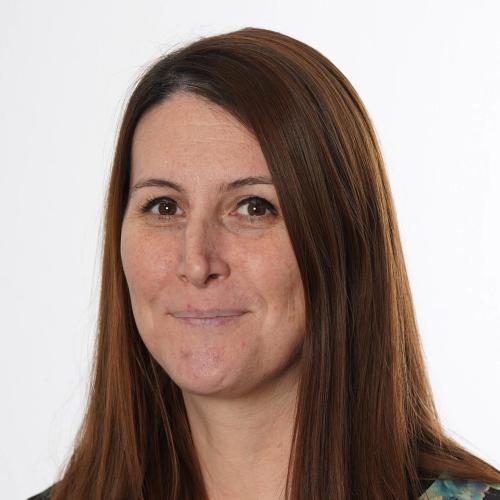
Jess Spiandore
Operations Director
Kisaco Research
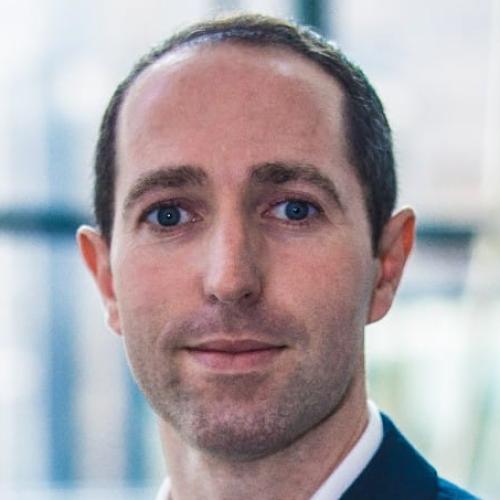
Ben Edwards
Commercial Director
Kisaco Research
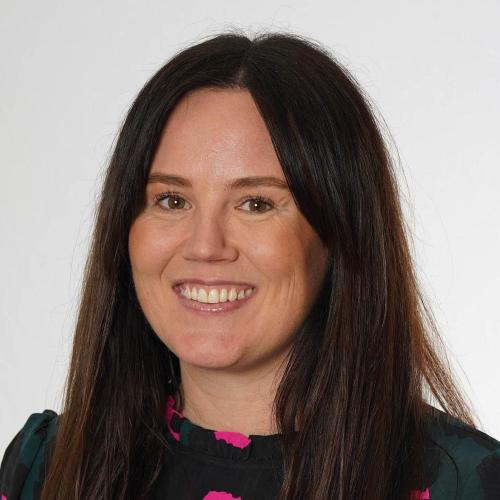
Rhian Collinson
Managing Director
Kisaco Research
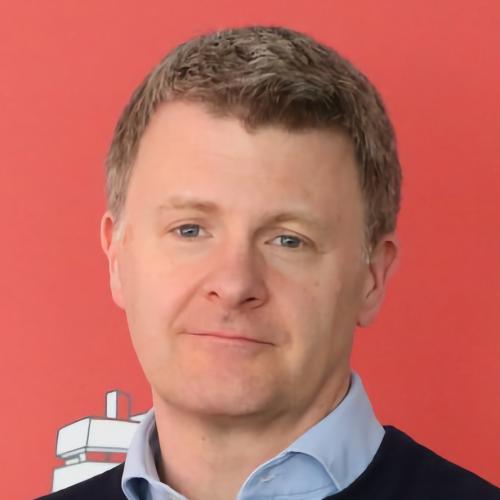
Guy Clayton
Kisaco Research
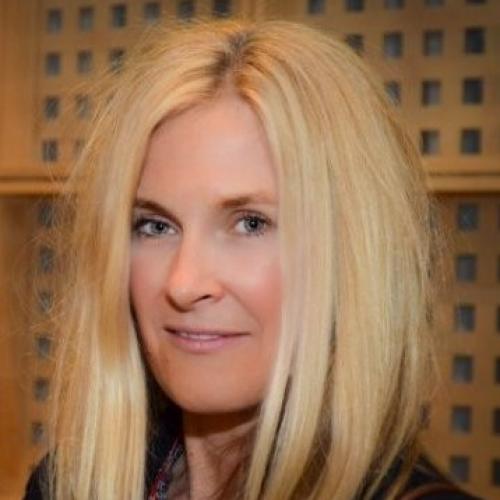
Sarah Clayton
Founder
Kisaco Research
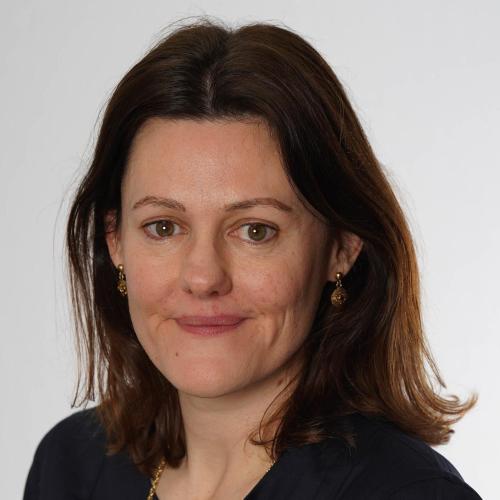
Kathryn Beaumont
Finance Director
Kisaco Research
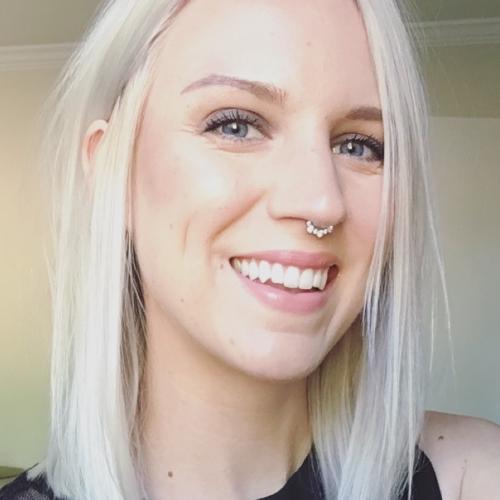
Mercedes Taylor
Product Innovation Manager
Youth To The People
